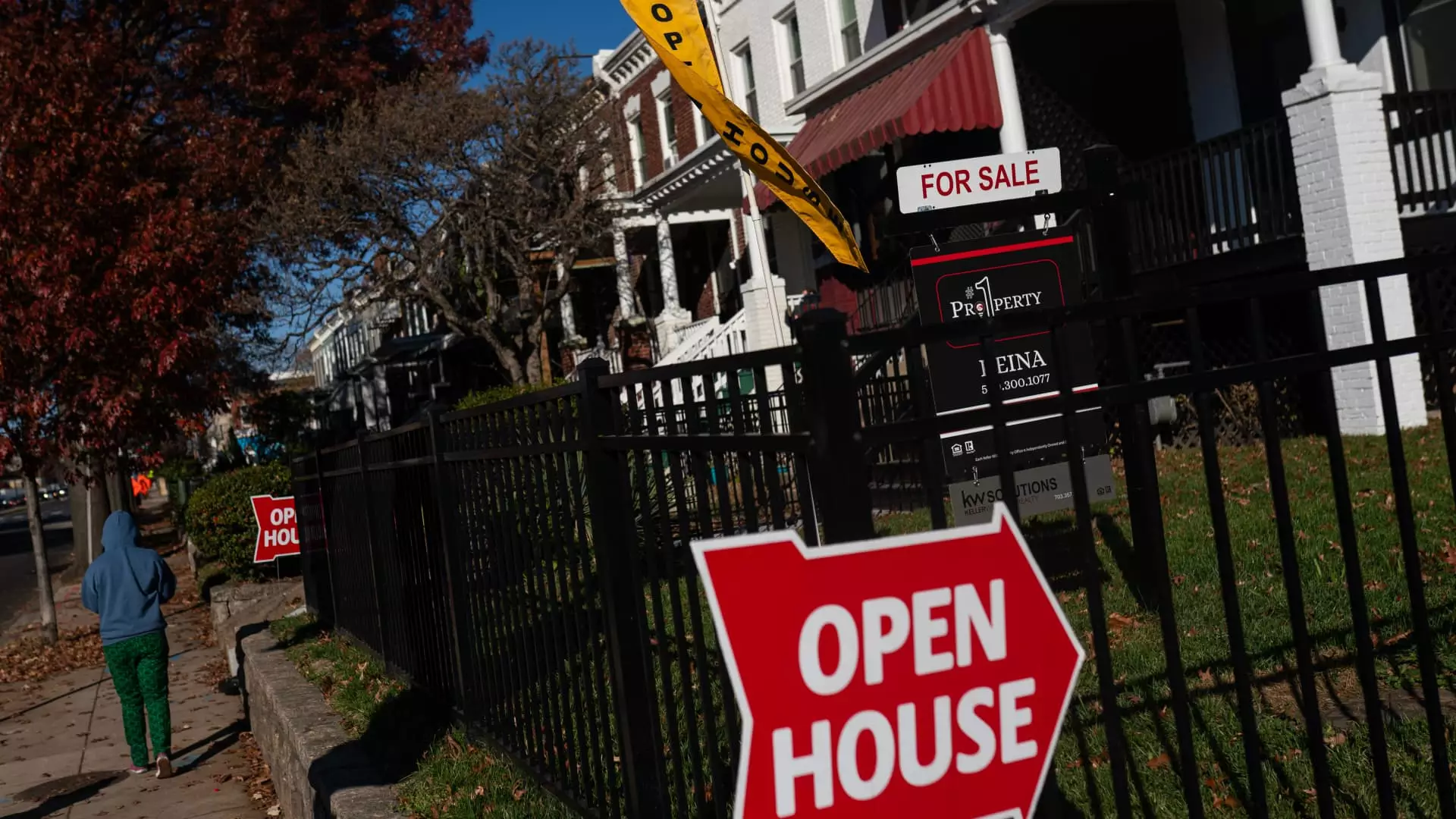Wes Moore, the current Governor of Maryland, offers a compelling personal narrative that illustrates the intertwined relationship between housing, opportunity, and generational wealth. At the age of eight, a pivotal moment in his life unfolded when his mother considered sending him to military school for behavioral issues. This decision, though difficult, was driven by a mother’s desire to pave a better path for her son—one that ultimately came to fruition when he attended military school at 13, with financial support from his grandparents.
Moore’s reflection on his background during a BlackRock conference underscores a stark reality: for many, homeownership serves not merely as a roof over one’s head, but as the cornerstone of economic security and opportunity. In a society where financial stability is often hard won, Moore’s acknowledgment of his grandparents’ sacrifices invokes both admiration and concern—a microcosm of a larger economic struggle where many in today’s generation find themselves with less access to similar opportunities.
Skyrocketing Costs: A Barrier to Entry
It’s both alarming and disheartening to hear that around 30% of Maryland’s young residents contemplate leaving the state due to exorbitant housing costs. The evidence is clear: high housing prices coupled with rising interest rates have created an environment where prospective homeowners, particularly first-time buyers, feel trapped and disillusioned. The escalating median home prices outpace wage growth at an unprecedented rate, effectively locking out an entire generation of potential buyers.
Historically, the path to homeownership was far more accessible than it is today. Research from the Urban Institute reveals a disconcerting trend: the homeownership rate among 35- to 44-year-olds has plummeted over the past four decades. This decline can be attributed not just to economic factors, but also to sociocultural shifts. Today, many young people prioritize experiences over material possessions, and the dream of homeownership has become an elusive, distant aspiration.
The Wealth Gap: A Divisive Economic Reality
Statistics paint a stark picture of disparity. The racial divide in homeownership rates is particularly pronounced, accentuating a societal failure that has persisted for generations. The 44.7% homeownership rate for Black Americans, although offering some progress, is still nearly 30 percentage points lower than that of white Americans. Such disparities not only highlight the inequities grounded in historical discrimination but also present a pressing moral challenge that necessitates urgent attention.
The accumulating statistical evidence shows that socioeconomic backgrounds directly correlate with homeownership opportunities. Lower-income families face overwhelming barriers that their wealthier counterparts do not—the very definition of economic inequality. With educated individuals more likely to own their homes, we must confront the efficacy of our educational system in providing equitable opportunities for all children, particularly those from marginalized backgrounds.
Systemic Solutions: Bridging the Ownership Gap
Despite the disheartening landscape, there is hope for systemic change. Addressing the root causes of housing inaccessibility requires thoughtful policy initiatives that emphasize educational opportunities for low-income households and facilitate pathways to homeownership. Suggesting measures such as down payment assistance and reduced zoning restrictions could lower the barriers for aspiring homeowners.
Unfortunately, much of the dialogue surrounding housing reform has been dismissive of the critical gravity of these issues, treating them as mere talking points rather than urgent human rights concerns. In an era where economic mobility is dwindling, we must actively foster an environment that prioritizes fairness in housing opportunities.
A Call to Action: A Collaborative Effort
The plight of the next generation, as evidenced by Moore’s narrative, reflects a larger, crucial moment. The intersections of housing, education, and financial security have never before been so acutely felt—or so desperately in need of reform. It is naive to expect that the American Dream can remain alive if economic structures continue to unravel beneath our feet.
As progressives, we must galvanize support for policies that enable homeownership, bridging gaps of disparity that have long dictated success and security in our society. The time to act is now; neglecting the housing crisis may lead us to a future defined not by potential but by continued inequity and a fractured American dream. The question remains: Will we respond adequately to the clarion call of change?

